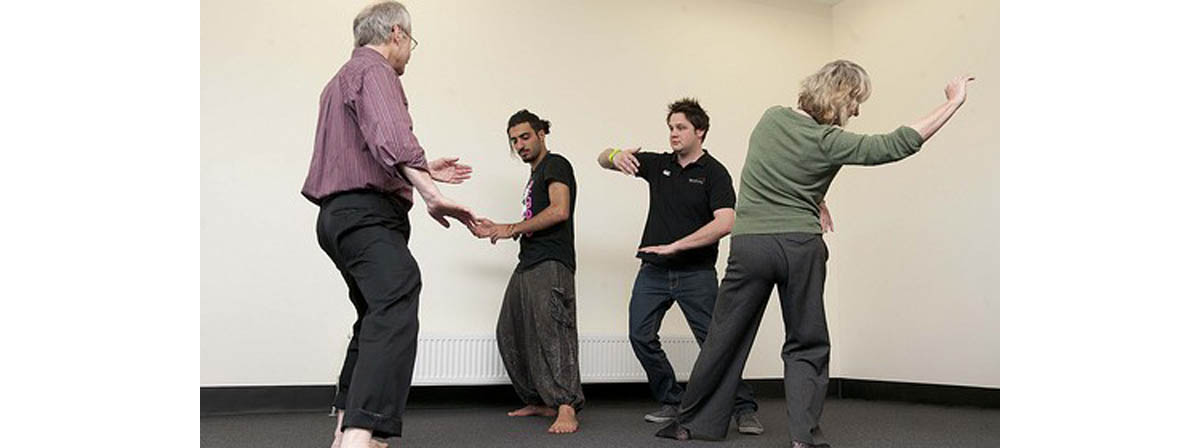Table of Contents
Melatonin
This is a hormone secreted by a small gland in the brain in response to diminishing amounts of light and most of it is secreted at night and it is barely detectable in the blood during the day. Increased levels of melatonin bring about changes in the body that tend to help us fall asleep more easily. For this reason, people have thought that taking extra melatonin would help with sleep problems, and melatonin supplements are available to buy over the counter.
There are some risks, however. A long-term study published in JAMA found that more adults than ever are using melatonin to get to sleep. Reported side effects include dizziness and nausea, as well as stomach upset.

It is also important to keep in mind that the processes regulating sleep involve more than just melatonin. Also, because melatonin is contained in some foods it is classified as a food supplement and so subject to less rigorous controls than medicines. So what you buy may contain very little - or far too much – melatonin.
Firm evidence to support the use of melatonin in sleep disorders is lacking, but most experts seem to agree that it is likely to be of greatest benefit in people whose ‘sleep clock’ is temporarily ‘out of synch.’ such as in people with jet lag or in shift workers.
L-Tryptophan
This is an essential amino acid, meaning it must be obtained from the diet as the body cannot manufacture it. It is involved in the same pathway as melatonin and has shown some success in treatment of sleep disorders. It is also classified as a food supplement so the same issues apply as with melatonin and care needs to be taken when buying it.
Kava
Derived from the root of a plant, kava is used to reduce anxiety as well as for sleep disorders. There is conflicting evidence as to its efficacy.
Acupressure
This involves the application of pressure to acupuncture points along the hypothetical meridian switch cover the body.
Tai Chi
This non-impact traditional Chinese form of exercise has been studied in older people as a remedy for sleep problems. It was found that it reduced the time to sleep (‘sleep latency’) by 18 minutes and increased the time spent asleep by 48 minutes.
Many people find Tai Chi easy and relaxing, and that it brings a sense of well-being. Because of its gentle nature, it is suitable for all different ages and unlikely to cause harm.
So which CAM sleep remedy is best?
As mentioned, good quality studies of CAM therapies are generally lacking, which makes this questions difficult to answer from an evidence-based perspective.
It may come down to personal preference – if the idea of gentle exercise like Tai Chi appeals then it is undoubtedly worth trying, might be successful and unlikely to do any harm.
It’s also possible that certain remedies may work better in some people than others.
A lot may also depend on the cause of your sleep problems – the evidence for melatonin and L-tryptophan seems to be strongest in those with jet lag and shift workers.
Care should be taken when buying CAM remedies classified as food supplements and it might be wise to seek professional advice as to where to source the products and the best dosage to use.
- www.medscape.com/medline/abstract/16983058
- www.smrv-journal.com/article/S1087-0792(10)00044-4/abstract
- www.sleepfoundation.org/article/sleep-topics/melatonin-and-sleep
- www.ncbi.nlm.nih.gov/pmc/articles/PMC2908021/
- www.biomedgerontology.oxfordjournals.org/content/54/8/M389.short
- Photo courtesy of Jennifer Brandel by Flickr : www.flickr.com/photos/newneonunion/536714593/
- Photo courtesy of UNE Photos by Flickr : www.flickr.com/photos/unephotos/7002024265/
- www.medscape.com/viewarticle/803722_2


Your thoughts on this